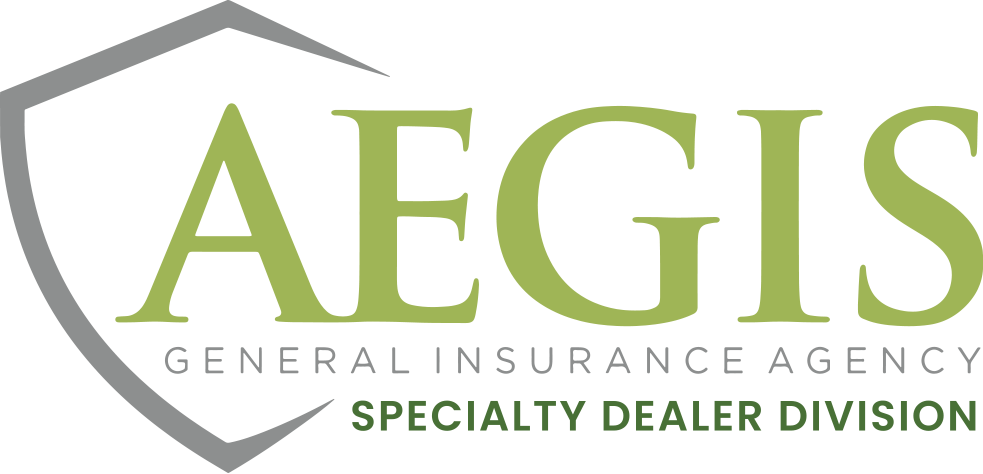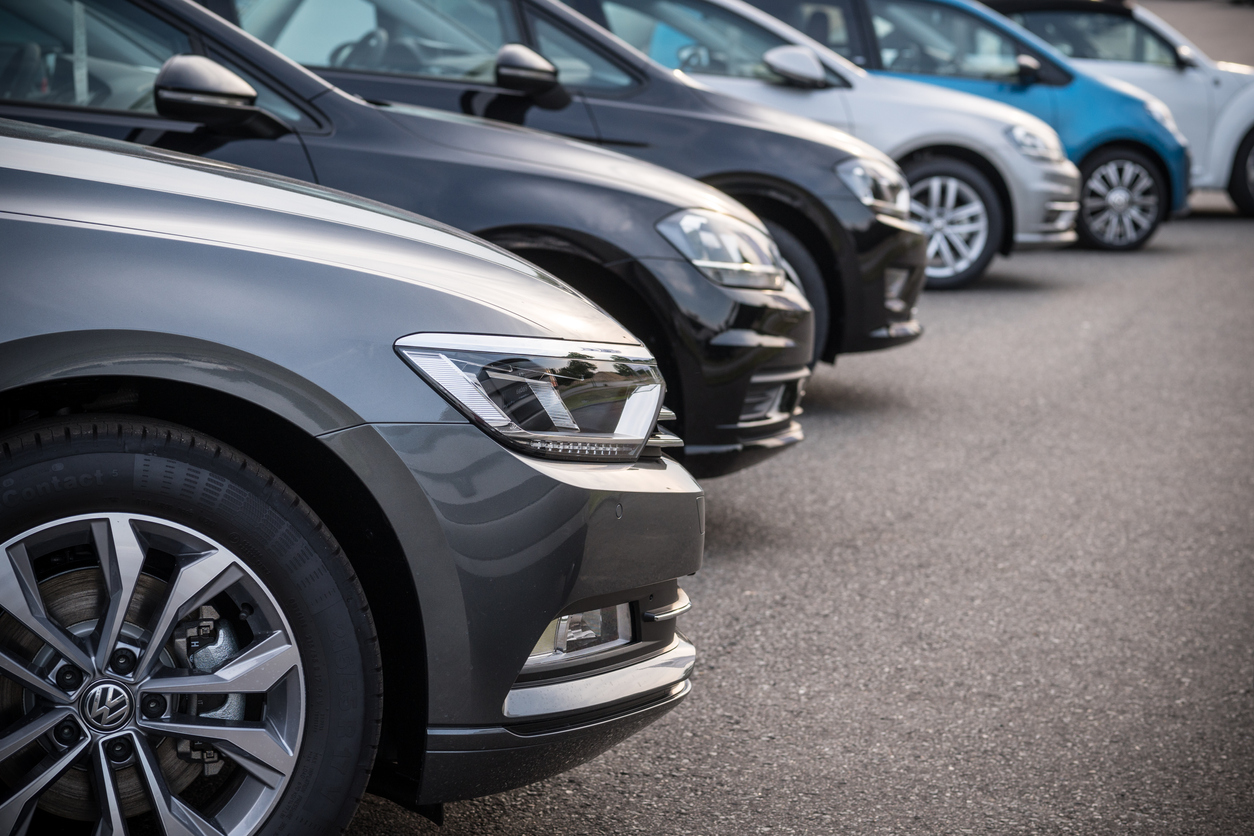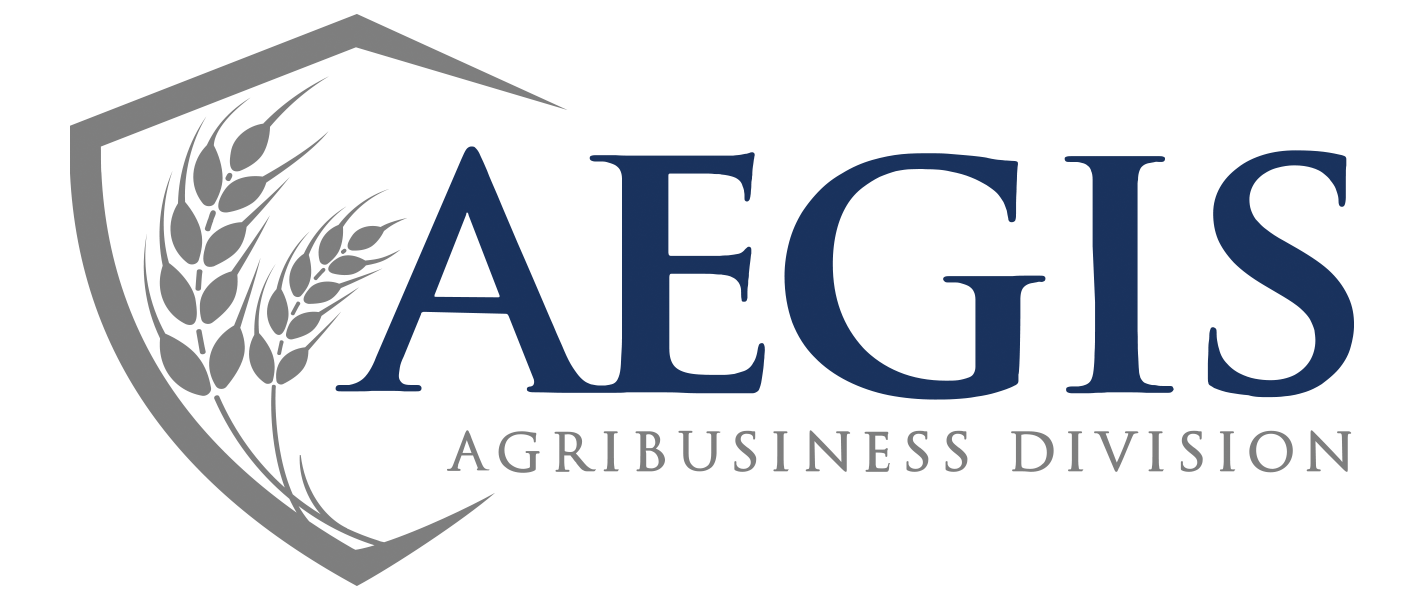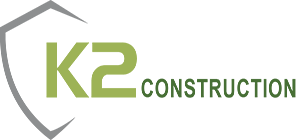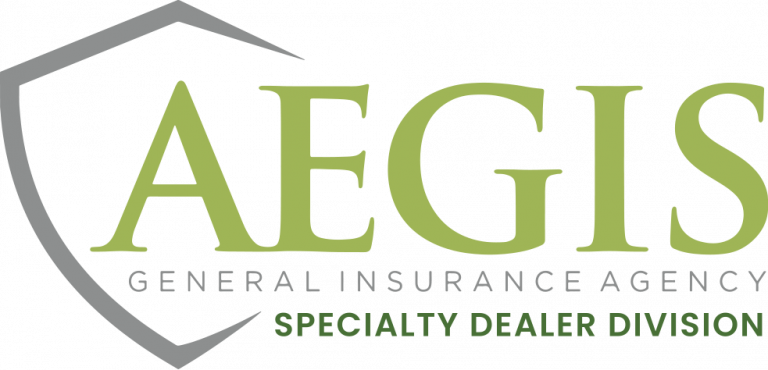Liability insurance plays a vital role in the risk management strategy of used car dealerships. Often part of used car dealer insurance, it protects dealerships against accidents or damages on the premises or involving vehicles sold by the establishment.
Used car dealer liability insurance can safeguard the business’s financial stability. It also protects customers and third parties from accidents or property damage.
Dealerships sometimes risk financial consequences from lawsuits or substantial liability claims. However, getting appropriate insurance and understanding the requirements and coverage options of used car dealer insurance programs helps mitigate risks and ensure the business’s safety and security.
Understanding Liability Insurance for Used Car Dealerships
Liability insurance protects businesses from financial losses if they are held legally responsible for injuries or property damage occurring on their premises or involving their vehicles. It could shield dealerships from the costs of legal claims or settlements resulting from these incidents.
Used car dealerships encounter various liability risks in their day-to-day operations, including:
- Test drive liability: Accidents during test drives can lead to dealership liability.
- Premises liability: Injuries on dealership property, like slips and falls, can result in injury or damage claims.
- Cyber risks: Data breaches may result in liability for mishandling customer information.
- Employee dishonesty: Fraudulent staff activities can cause financial losses.
- Product liability: Defective vehicles may lead to damage claims.
- Errors and omissions: Misrepresentations about vehicle conditions may result in customer claims.
- Advertising liability: False advertising claims can pose liability challenges.
- Environmental liability: Improper hazardous material handling can lead to costly civil suits.
- Employee injuries: Workplace injuries can result in workers’ comp claims.
- Competitor lawsuits: Legal disputes with competitors often entail liability concerns.
- Contractual disputes: Contract-related issues may lead to legal claims.
Liability insurance addresses these and other potential risks by covering legal expenses, settlements, or judgments. It’s a crucial component of risk management for dealerships, helping to protect their financial stability in the face of unexpected liabilities.
Key Coverage Areas in Used Car Dealer Liability Insurance
Here are some of the most essential insurance coverages for used car dealerships:
- General liability insurance: Protects against injury and property damage claims, including medical costs and legal expenses
- Garage liability Insurance: Covers injury and property damage related to garage operations like test drives and servicing
- Real property insurance: Safeguards physical assets (building, inventory, equipment) from risks like fire, theft, and natural disasters
- Excess/umbrella insurance: Provides extra liability coverage beyond primary policies, preventing financial setbacks when claims surpass primary limits
- Garagekeepers Insurance: This covers costs related to damage to customer’s vehicles during maintenance, repair, or storage
Other potentially useful coverages for clients include:
- Workers’ compensation for supporting injured employees
- Cyber liability insurance to defend against cyber threats
- Business interruption insurance for income losses during disruptions
- Employment practices liability insurance (EPLI) for employment-related legal issues
- Dealer open lot insurance for unsold vehicle protection
- Commercial auto insurance for dealership vehicle coverage
- Product liability insurance for safeguarding against vehicle-related claims
Altogether, these coverages create a comprehensive insurance portfolio tailored to the unique risks used car dealerships face. They can protect your clients from various liabilities and unforeseen events.
Liability Insurance Requirements for Used Car Dealerships
Used car dealerships must adhere to various insurance requirements, including state and legal mandates and those imposed by lenders for financed vehicles.
State and Legal Requirements
- Minimum coverage limits: Each state may have specific minimum coverage limits for dealerships, typically involving general and garage liability insurance.
- Proof of insurance: Dealerships are usually required to provide proof of insurance to regulatory authorities as part of their licensing and operational obligations.
Lender and Financing Requirements
- Insurance requirements from lenders: Lenders providing auto loans may insist on specific coverage types and minimum limits.
- Additional coverage for financed vehicles: Auto dealerships must have the necessary insurance coverage to meet lender requirements. This typically includes comprehensive and collision coverage in addition to liability coverage.
Compliance with state and lender requirements is crucial for used car dealerships to operate legally and protect their financial interests.
Conclusion
Tailored liability coverage isn’t a one-size-fits-all scenario. Instead, it’s a carefully crafted insurance solution that precisely fits the unique risks faced by each dealership.
As insurance agents, you have a crucial role in providing this solution. It’s always worthwhile to proactively engage with used car dealerships and understand the nuances of their business. Doing so lets you recommend and customize liability coverage that effectively shields your clients from potential risks.
About Aegis General Insurance Agency — Specialty Dealer Division
Aegis General Insurance Agency — Specialty Dealer Division strives to create a leading underwriting and distribution franchise in the program insurance market. We’ve bridged the gap between agents and client payments with our efficient ACH payment system. Partnering with us gives agents the advantage of ACH payment capability, allowing for direct billing through the firm. Call us today at (866) 429-1638 to find out how you could partner with us to offer top-tier insurance coverages and modern features to your clients.
